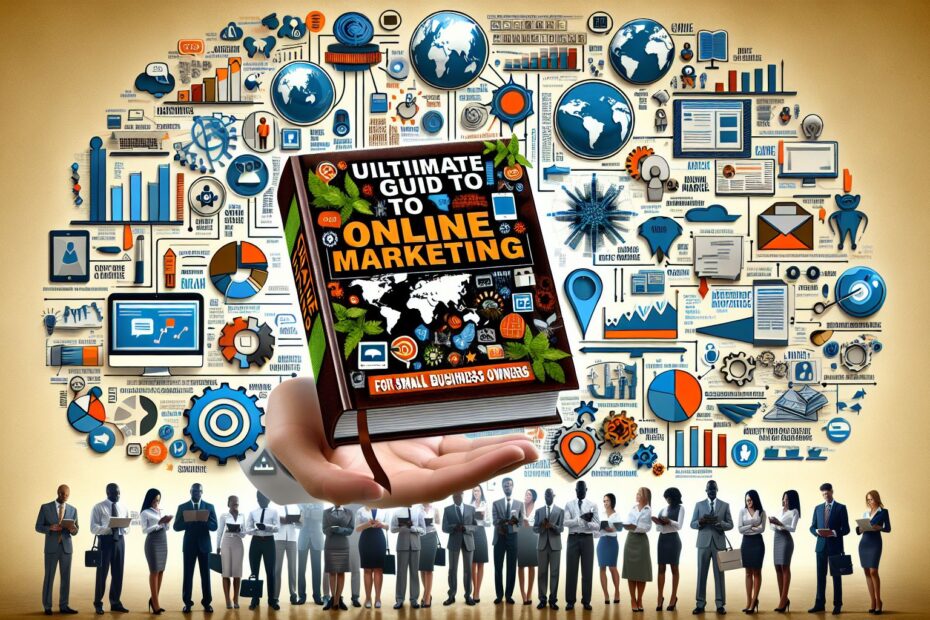As a small business owner, you already have a lot on your plate. From managing day-to-day operations to taking care of customer service and inventory, the last thing you want to worry about is marketing. However, in today’s digital age, having a strong online presence is crucial for the success of any business, regardless of size.
If you’re feeling overwhelmed by the thought of diving into the world of online marketing, fear not. In this guide, we’ll break down the essentials of online marketing for small business owners in a business-casual tone, so you can start implementing strategies that will help you reach your target audience and grow your business.
1. Establish Your Online Presence
The first step to successful online marketing is to establish a strong online presence. This means creating a professional website that is easy to navigate and provides valuable information about your products or services. Your website should also be mobile-friendly, as more and more consumers are using their smartphones to shop online.
In addition to having a website, you should also consider setting up profiles on social media platforms such as Facebook, Instagram, and LinkedIn. These platforms are great for connecting with your target audience and sharing updates about your business.
2. Utilize Search Engine Optimization (SEO)
Search engine optimization (SEO) is the process of optimizing your website to rank higher in search engine results. This can help drive more organic traffic to your site and increase your visibility online. Some simple ways to improve your website’s SEO include using relevant keywords, optimizing your meta tags, and creating high-quality content.
3. Leverage Email Marketing
Email marketing is a cost-effective way to reach your customers and keep them engaged with your brand. You can use email marketing to share promotions, announce new products or services, and provide valuable content to your subscribers. Just be sure to obtain permission from your customers before sending them emails to stay compliant with anti-spam laws.
4. Invest in Pay-Per-Click (PPC) Advertising
Pay-per-click (PPC) advertising is a great way to drive targeted traffic to your website quickly. With PPC advertising, you only pay when someone clicks on your ad, making it a cost-effective marketing strategy for small businesses. Platforms like Google AdWords and Facebook Ads allow you to target specific demographics and interests, so you can reach your ideal customers.
5. Engage with Your Audience
In addition to promoting your products or services, it’s important to engage with your audience on a personal level. Respond to comments and messages on social media, ask for feedback from your customers, and show your appreciation for their support. Building strong relationships with your customers can lead to repeat business and word-of-mouth referrals.
Conclusion
While online marketing may seem daunting at first, it is essential for the success of your small business. By following the tips outlined in this guide, you can establish a strong online presence, drive traffic to your website, and engage with your audience in a meaningful way. Remember, online marketing is a journey, not a destination, so be patient and continue to experiment with different strategies to see what works best for your business. Good luck!
